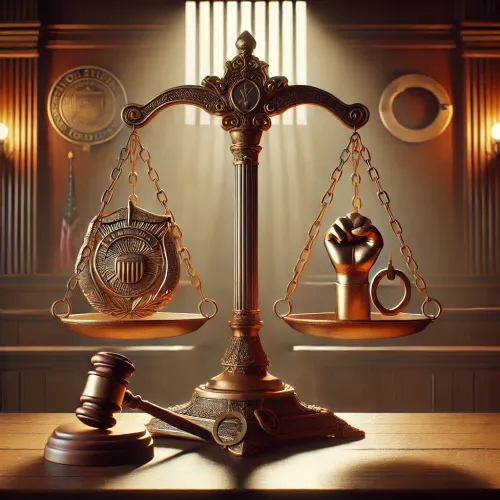Runyan v. Ellis (1995) 40 Cal.App.4th 961
This case involved a sheriff’s deputy’s challenge to an internal investigation’s procedures. The ruling affirmed that POBR imposes obligations on the employer regarding proper notice and fair interrogation practices.
Relevance: Emphasized employers’ strict adherence to POBR standards, thereby enhancing procedural rigor in disciplinary processes.



